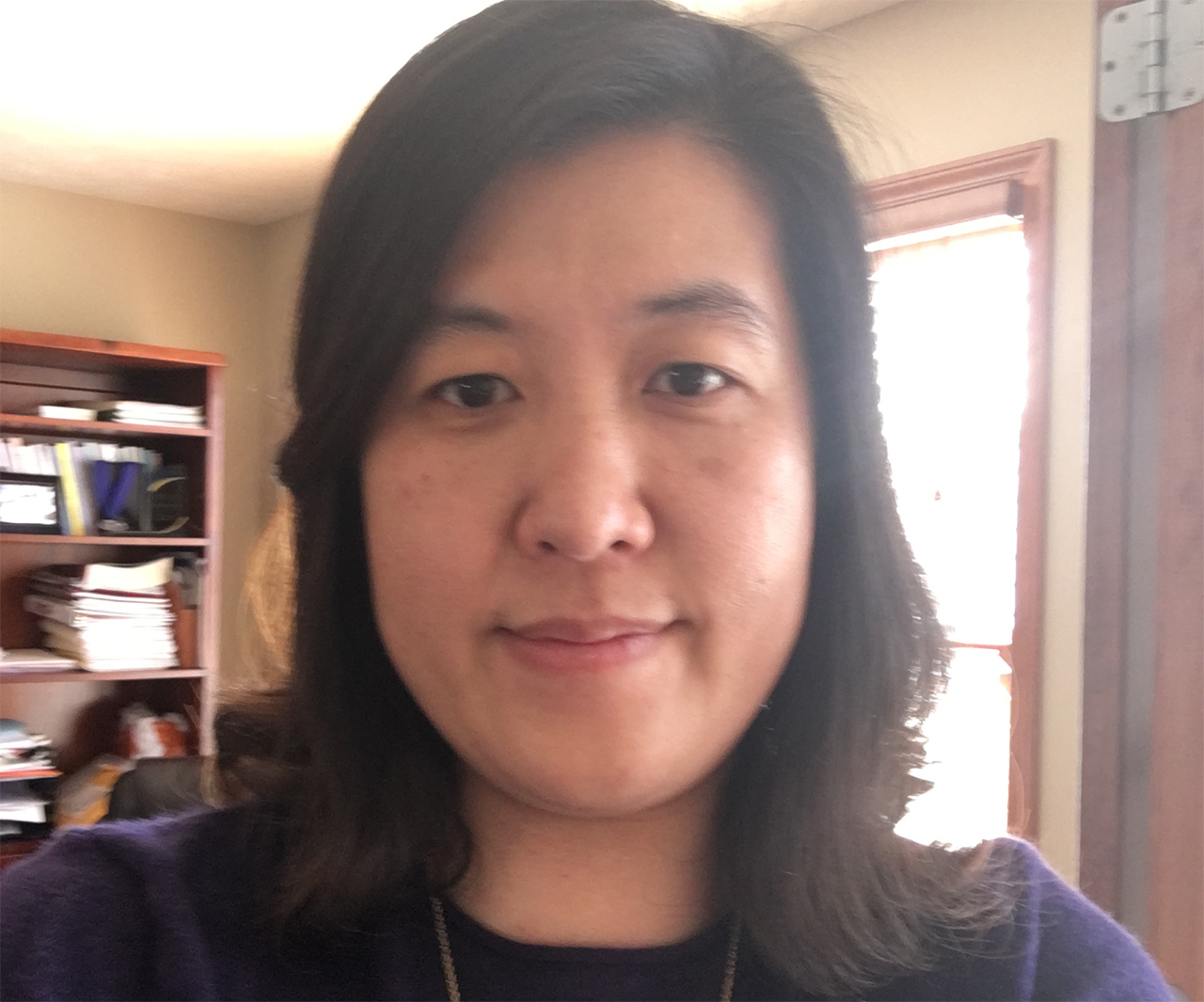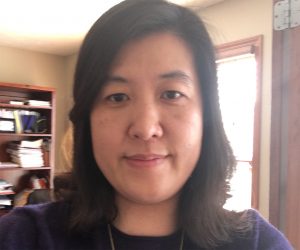Suejung Han’s research aims to help international students and university faculty members connect.
Han, an assistant professor of psychology, is studying how faculty can be an important ally in the process of international students finding their footing on a foreign campus. The key is understanding how those students perceive themselves in a new culture.
“International students experience abrupt and arbitrary disruptions in their attachment relationships,” said Han, who teaches culture and diversity in the Department of Psychology. “They leave their home country, family, friends, and familiar way of living.”
For many Asian international students, establishing a connection with the authority figures and expecting guidance fits their cultural norm. —Suejung Han
Added to that sudden change is the fact that often international students have not had to think about the concept of a multicultural society. “Many international students can come from very mono-ethnic cultures where everyone looks like them,” said Han. “There may be no idea that they are ‘the other’ until they come here. Suddenly, being different becomes so salient that they are forced to think about their culture for the first time.”
The process of beginning to understand one’s own culture in the face of an entirely different culture is known as acculturation. “How students respond to faculty really depends on where they are on their acculturation journey and where they are in establishing their racial or ethnic identity,” said Han.
Han is conducting studies, soon to be published in the Journal of Multicultural Counseling & Development that examine Asian international students and their connection to faculty. She noted that while the culture is being “Westernized,” there still exists a deeply rooted respect for authority figures that can translate to faculty. “For many Asian international students, establishing a connection with the authority figures and expecting guidance fits their cultural norm,” said Han. Problems can arise when faculty perceive that students are overly dependent upon them. “It can be misinterpreted, but it may be really a reflection of cultural values.”
Along with encouraging more autonomy for international students, Han said faculty can help by understanding the acculturation process of international students. “Those who come from mono-ethnic cultures generally come to campus with a very positive outlook, but will then go through different stages and experience different emotional responses to their treatment from the host culture,” she said.
Han discussed her own experience coming to study in Indiana from South Korea 12 years ago. “The only way I can put it is that I was oblivious,” she said with a laugh. “It is different now, but when I was growing up in Korea, there were only Koreans. “When I arrived, I was very excited to be here, so being treated as though I was different and did not belong came as a shock at first.”
Finishing her doctoral work at Purdue University, Han was invited to join a campus task force on a living and learning community designed for racial and ethnically minority students. Han taught courses and conducted research with colleagues and also their acculturation adjustment. “We’ve found, time and again, that close relationships with faculty are particularly needed for students who are not represented by the majority of campus,” said Han, whose current work on high-impact practices with faculty is published in the International Journal of Scholarship of Teaching and Learning. “Having strong relationships with professors can provide an anchor for international students on any predominantly white campus.”


